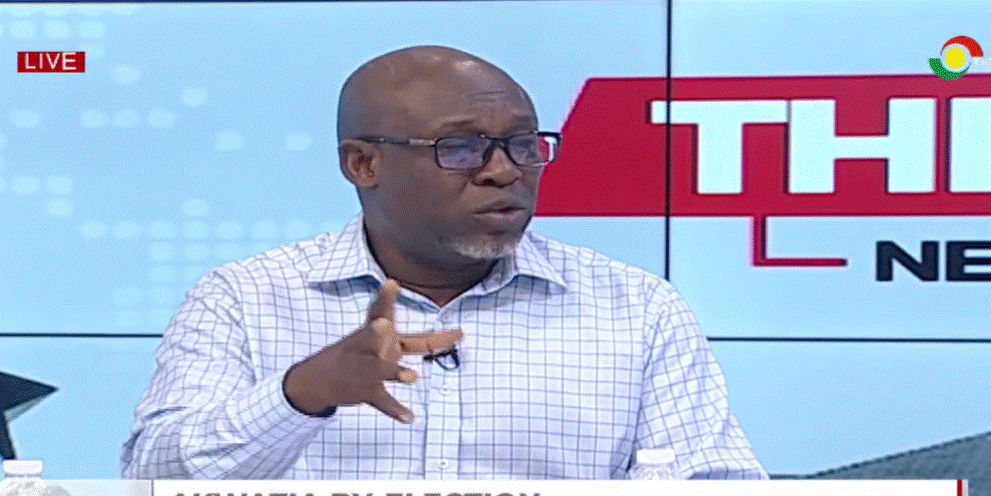
A Labour Expert, Austin Gamey, has said there needs to be a revolution in how the Social Security and National Insurance Trust (SSNIT) is managed.
He said organized labour must play a key role in how their deductions are managed.
Commenting on a prediction by the International Labour Organisation (ILO) that the reserves of SSNIT are going to be completely depleted by 2036, while speaking on the Ghana Tonight Show on TV3 Thursday, April 25, Mr Gamey said “For SSNT to work, the solution is in a two-pronged approach, One is organized labour should understand that money deducted from workers’ pay and paid to SSNIT no longer belongs to the employer, no longer belongs to the government for that matter.
“Therefore the choice of those who will manage the scheme should not be left in the hands of the government per se. There will have to be some understanding and they must work together with the regulator to enable them to have a mature, experienced person to handle the affairs of SSNIT. All the Fund Managers must be watched carefully because it is huge sums of money that are left in their hands.
“If all employers, both private and public, are paying the money to the Fund Managers regularly as expected by law and SSNIT is being credited properly by law, we will not need to go to IMF to borrow money. If we also create space and environment for SSNIT to invest. The board of directors sufficiently must be people who represent the interest of the owners of the money because you are holding somebody’s money for 25 or 30 years and the time is due for the person to access his money, it has become a problem.
“Clearly, there must be a complete revolution in turnaround about how SSNIT should be managed without government interference under no circumstances, they can play a part.”
SSNIT reserves to be depleted by 2036: The government must not manage the scheme. Organised labour must protect the deductions by employers. – Austin Gamey, Labour Expert#GhanaTonight pic.twitter.com/YowvgMZPbI
— #TV3GH (@tv3_ghana) April 26, 2024
According to ILO, total income including contributions, investment income, and other income, will no longer be sufficient to pay for annual expenditures including benefit payments to pensioners by 2029.
“Starting in 2029, total income (contributions, investment income and other income) is no longer sufficient to pay for annual expenditures.
“The reserve starts to decrease. During the year 2036, the reserve drops to zero” the research emphasised.
SSNIT having no other means of payment will depend on the reserves it has to meet the payment demand leading to the start of the depletion process.
This is likely to continue till 2036 when the reserve will drop to zero as stated by the valuation report.
The reserve ratio, which is the end-of-year reserve over the annual expenditures for the year, moves from 3.4 to 0 between 2021 to 2036.
This means the scheme can no longer pay pension benefits if there are no contributions, no investment income and no other income.
Details of the valuation report indicated that the critical cause of this development is the delay in payment by the government.
Of the GH¢9.35 billion total indebtedness to SSNIT as of December 31, 2021, 73.7% translating to GH¢6.9 billion was due to late payments of contributions by the government.
This leads to a 1.3 per cent drop in expected returns on investment made by SSNIT, the report emphasised.
According to the study, “Past experience suggests that, by not paying on time and not paying the interest income on delayed contributions, the Government shifts an important part of the cost to the private sector”.
The post There must be a complete revolution in how SSNIT is managed – Austin Gamey first appeared on 3News.
Read Full Story




















Facebook
Twitter
Pinterest
Instagram
Google+
YouTube
LinkedIn
RSS